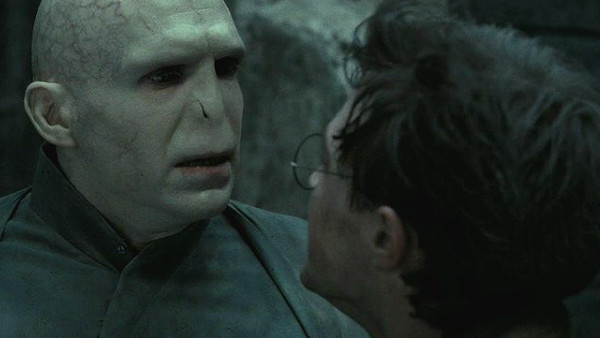10 Great Movies That Inadvertently Ruined Cinema
And Steven Spielberg is the biggest culprit, apparently.

When a great film comes along, there's no doubting the fact that we - as movie fans - should be massively grateful. After all, movie making is such a long, arduous process - one that relies on the act of collaboration, no less - that when an actually good slice of cinema presents itself it should be celebrated throughly.
A truly "great" film doesn't happen all that often, remember - there's a lot of crap to wade through before we get to sacred ground. But here's a thought: is it possible for a great film to do more bad than good? Is it possible for a great film to... ruin cinema? In a word: "yes."
That's to say, there are some movies scattered throughout cinema history that are brilliant and worthy of all the praise that was heaped upon them, and yet... somewhere in the midst of their successes, both financially and artistically, their very existence had a largely negative affect on cinema today.
Whereas some of the movies we refer to here are fairly obvious in their achievements, others are a little less known. What's simply true is that a film that most people know for being "great" might have done a lot more bad than good in the long run. So whilst we should be thankful for these great movies, we should also consider the damage that they've done to the medium of cinema on the whole.
Having existed, how have these motion pictures changed the landscape of movies for the worse? Which massively regrettable trends did they inspire (or re-inspire)? How the heck did some of them inadvertently result in years and years of films of less quality, increased theatre prices, and a loss of realism and authenticity in the business?